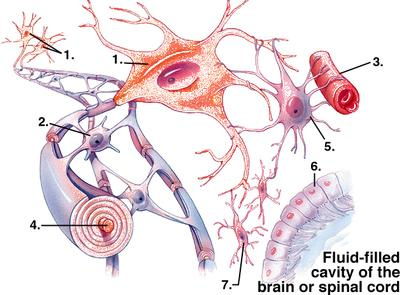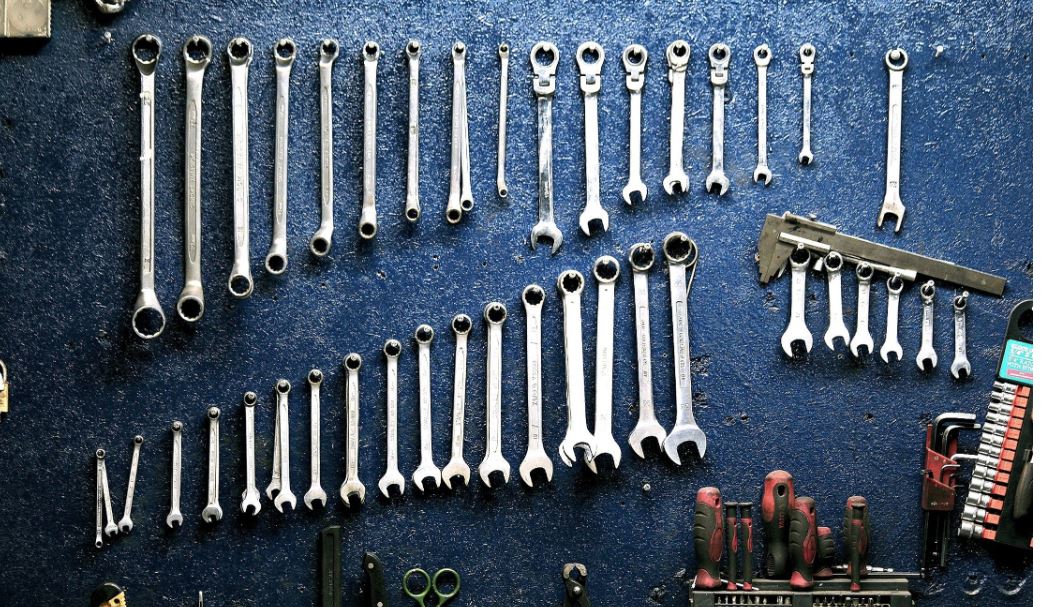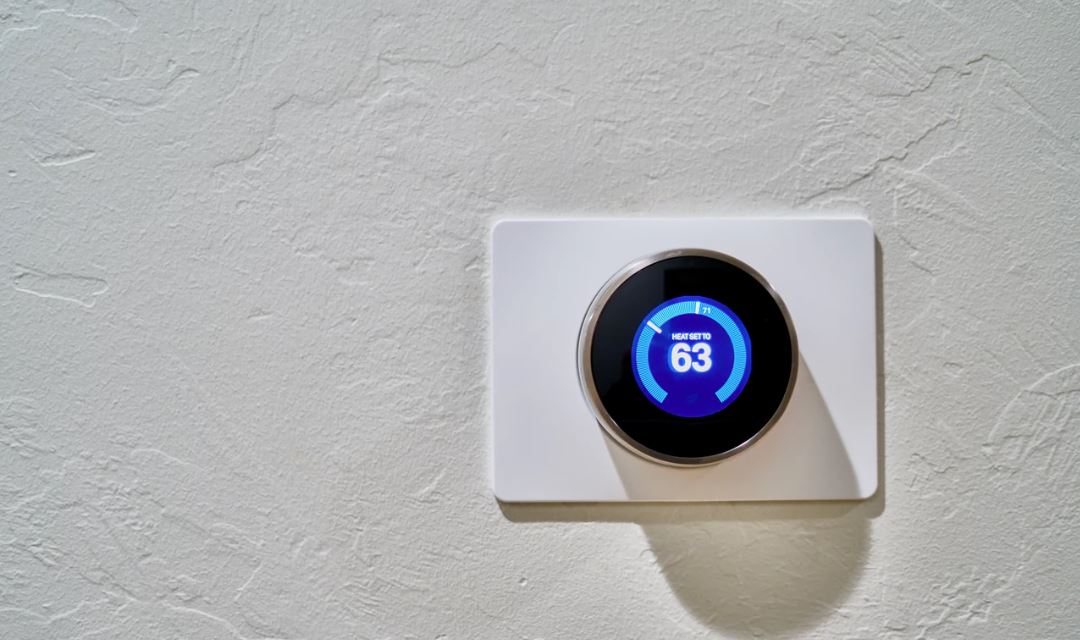Neuroglia is also known as glial cell or glia and has several types of cells that can function primarily to maintain neurons. The term neuroglia means the “nerve glue.” Neuroglia is the collective terminology for glial cells which are the specific cells that protects and helps to regulate the functioning of neural cells of both the vertebrate and invertebrate brain.
Furthermore, to promote electrical communication between the nerve synapses, some of these cells physically prevent the neural cells and surrounds them for the formation of an insulating barrier.
In 1907, the Italian biologist Emilio Lugaro suggested that the neuroglial cells interactions the substances with the extra-cellular liquid and that’s the way how they exert control on the neuronal environment. Since after this invention, it has been discovered that the glucose, amino acids and ions, are all that influence neuronal function of the brain and helps to exchange between the extracellular space and the neuroglial cells.
After the high levels of neuronal activity performed by the neuroglial cells that can take up and spatially buffer potassium ions and then maintains the normal neuronal function.
The other cells of this type functions as to deliver the oxygen to whole body along with the other nutrients, whereas, the other cells are still play a role in targeting and eliminating invading pathogens. The terminology “glial” has been taken from the Greek word called glia, which literally means as “glue,” this indicates their significant input in the performance of the central and the peripheral nervous systems.
Some of the Oklahoma City personal injury attorney includes the tragedies and incidents of human life as auto accidents and sports injuries can cause traumatic injury to the human brain, or sometimes to the nerves throughout the human body. While the Oklahoma City personal injury victims suffers from the traumatic brain injuries constitute a set of major causes for death and disability worldwide, many of us may not realize that microscopic nerve damage is far more common, even in minor accidents.
The good news is that our bodies consist of special cells which are adapted to concentrate on this microscopic injury: neuroglia, which are also called glial cells or simply glia cells, these glial cells leap into action in response to nerve trauma, and helps in the formation of a definite type of glial “scar” which are unique to the nervous system. Without the neuroglia cells, even the world’s greatest surgeons will not be able to prevent and regulate the traumatized brain.
The neuroglia cells can perform far more than just to form scars as they also enhances and regulates your body’s process of taking breathe, and help to guide the nutrient transport in the brain. In fact, as this info graphic, demonstrates their roles are even far more diverse than you might expect.
How Personal Injury Victims Affected by Secret Life of Neuroglia





